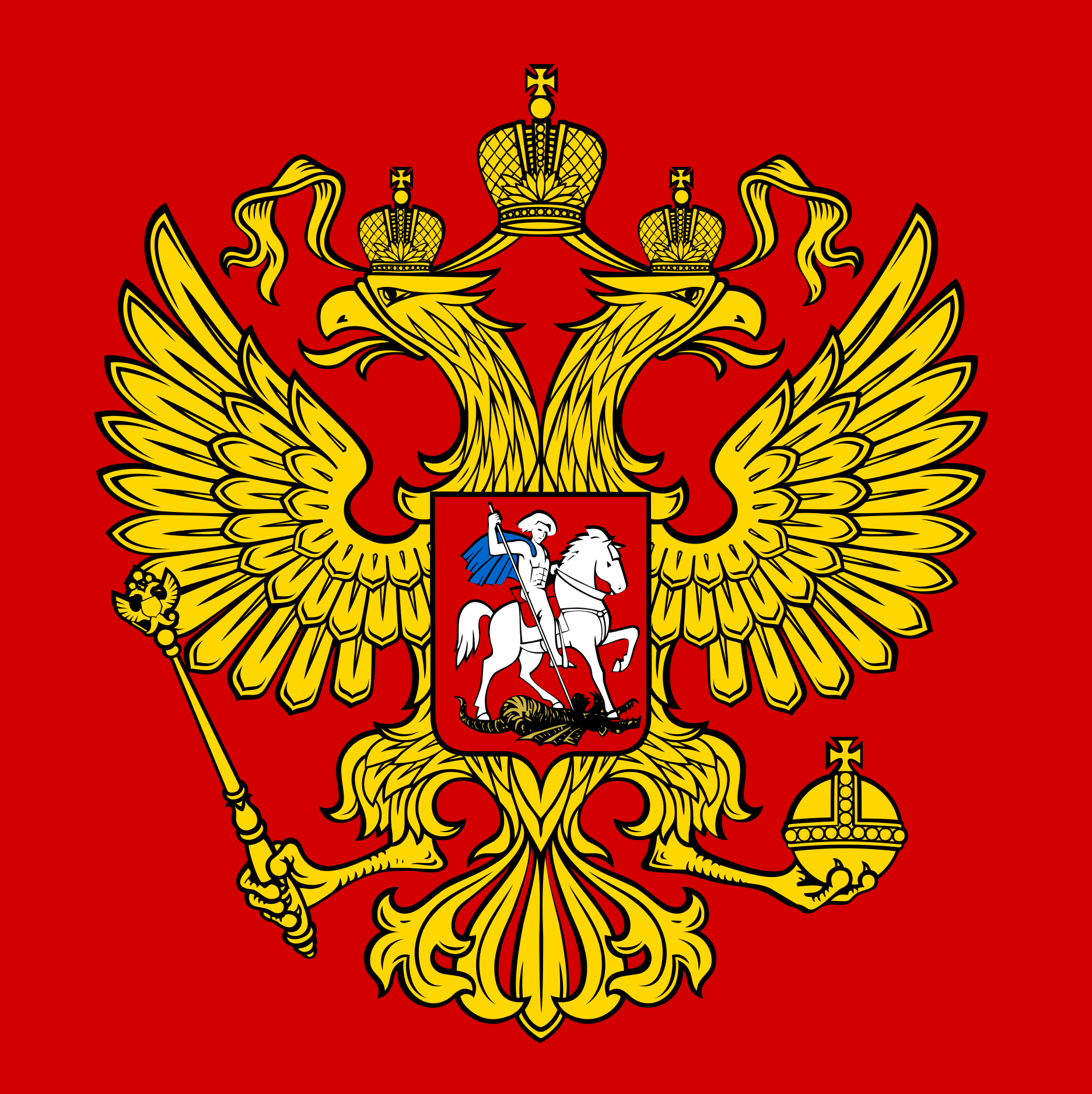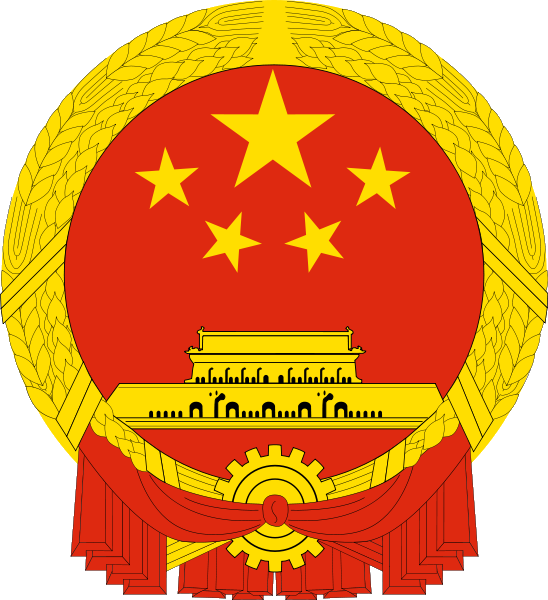 Latin Pacific Trade Council
Latin Pacific Trade Council 

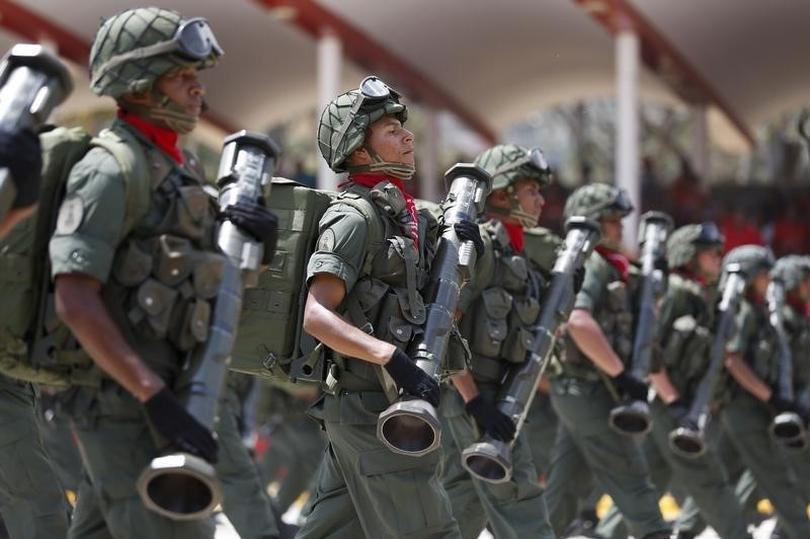
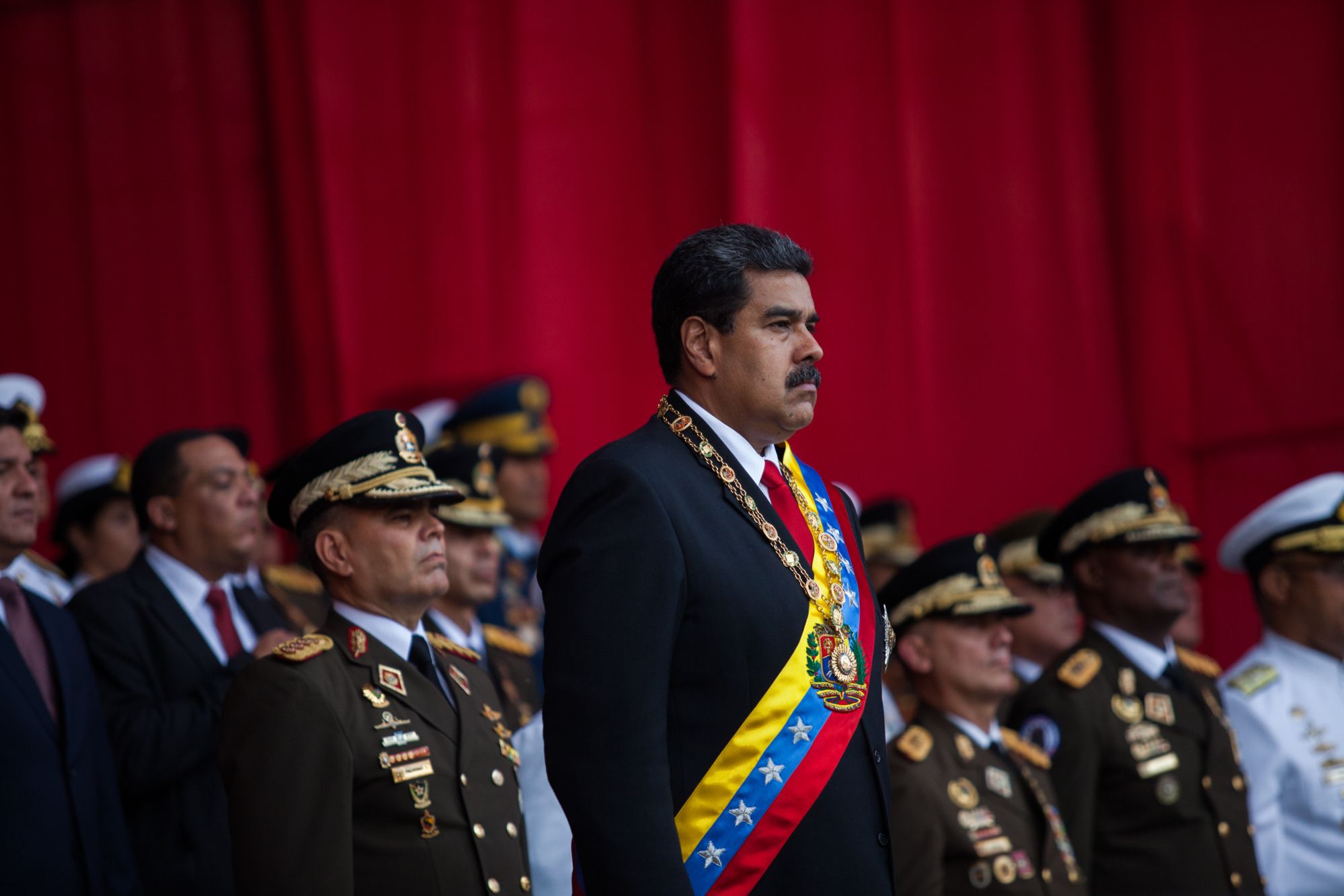



Inside the Venezuelan Crisis: US T-Notes
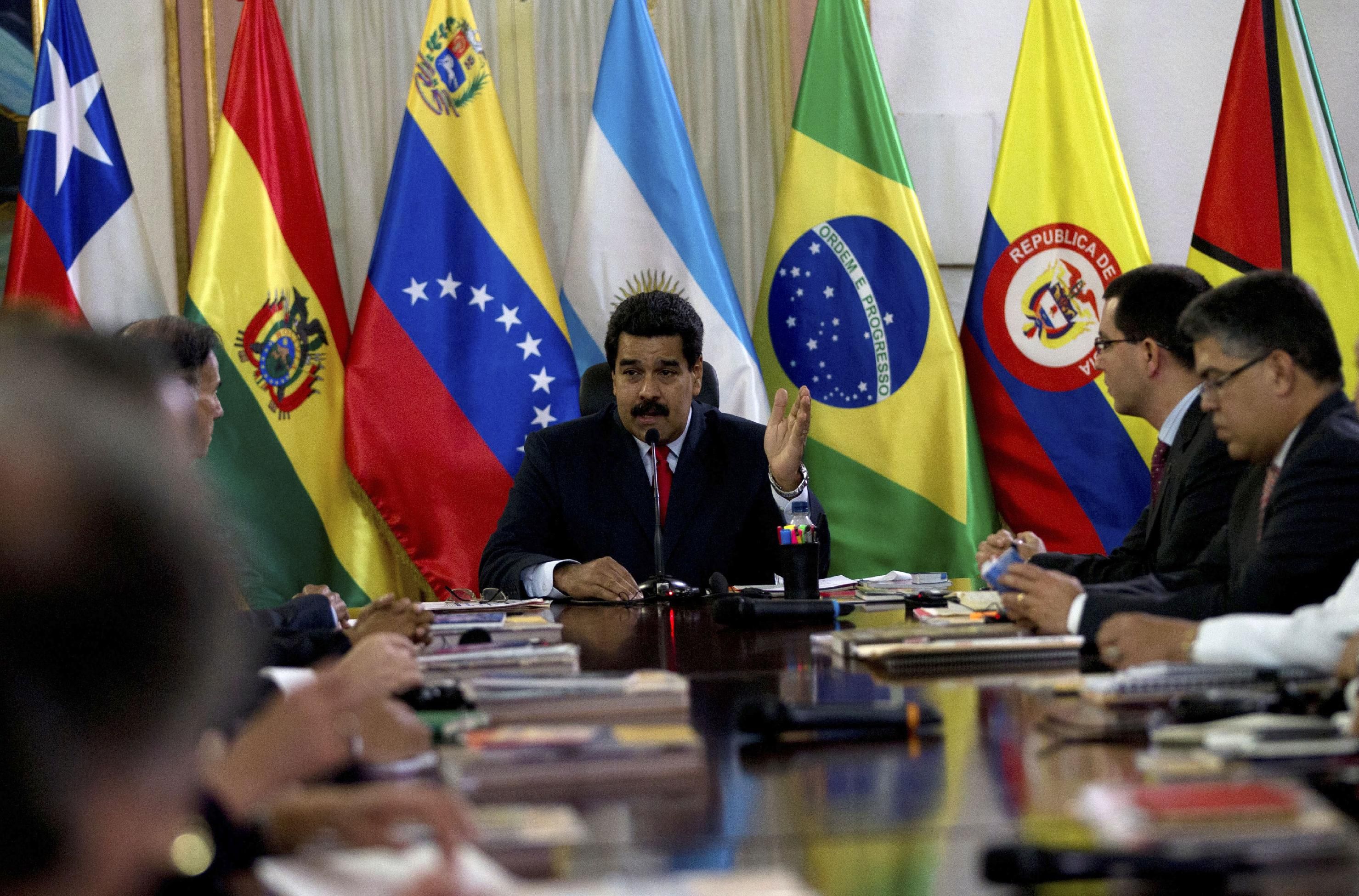
Warning: This report is highly sensitive and requires attention on the 2nd Quarter for more macro-economic information
Obstinately, the US has targeted reducing and even eliminating exports from emerging economies such as: Iran, Cuba, Brazil, Russia, China and of course Venezuela. Economically, Venezuela is facing the most pressure as US T-Notes sold during the years of monetary easing begin to mature. Moreover, recent US sanctions against Venezuela's state-owned oil company PDVSA and its US subsidiary Citgo edges shrinking US budget limits. Hence, within the Venezuelan crisis a global battle over the economic slowdown in major exports awaits to unfold. Giddily, US Secretary of State Mike Pompeo stated in Colombia, "You watch the political and diplomatic noose tighten around Maduro’s neck." Meanwhile, in Cuba the US attack on major exports has impacted foreign investment while national debt reduces imports.
Furthermore, the US Federal Reserve continues its slow pace as economic sanctions wreck havoc on the international balance of trade. Viciously, the US Recovery resembles a global economic attack on major exports to perpetuate easy government loans which are now overshadowed by cryptocurrencies.
Financially, speculation in cryptocurrencies is heavily intertwined with geopolitical tensions over the US economic recovery. Accordingly, the US is orchestrating the Venezuelan Crisis to expand its market for cryptocurrencies propped by Western venture capitalist. In fact, the venture for cryptocurrencies fuel the dispute for freedom of navigation in the South China Sea and impacts denuclearization in the Far East. Hence, it is critical that we place our strategic focus for the next several weeks on the issue of Russian interference on President Trump's election. Essentially, ongoing US manipulation on major exports heavily weigh on the potential for emerging nations to clasp into economic irrelevance.
Strategic Focus |

Prudently, our strategic focus over the next several weeks will remain on the controversial issue of Russian interference on US President's Trump election. Historically, US relations in Russia have been characterized with patience, deception and outcome. Politically, the demand for cryptocurrencies underlines the premise for US President Trump's election. Patiently, the US has tried to allure Russia into public demand for cryptocurrencies with pressures behind accusations of election interference. Intensily, the global economic slowdown glows from US political mischief in Russia over cryptocurrencies. Relentlessly, the US continues to sanction major exports in Russia and abroad to boost the demand for cryptocurrencies.
Ardently, the US is forcing an economic crisis in Venezuela to further isolate Russia from the G-7, G-20 and particularly the G-2. Urgently, the US continues to pretend that the purchase of US T-Notes and rising government debt for cryptocurrencies is trendy. Visibly, US support for regime change in Venezuela involves the surge in demand for cryptocurrencies. Frivolously, Guatemala's former foreign minister Fernando Carrera stated, “There was this euphoric reaction that we all felt that it was the end of Maduro.” Carelessly, the US has threatened to use military force against Venezuela which has led to the presence of Russian forces in the nation. Importantly, special attention must be placed on current military pressure for the downward trend of the US dollar over the situation in Venezuela.
Special Attention |
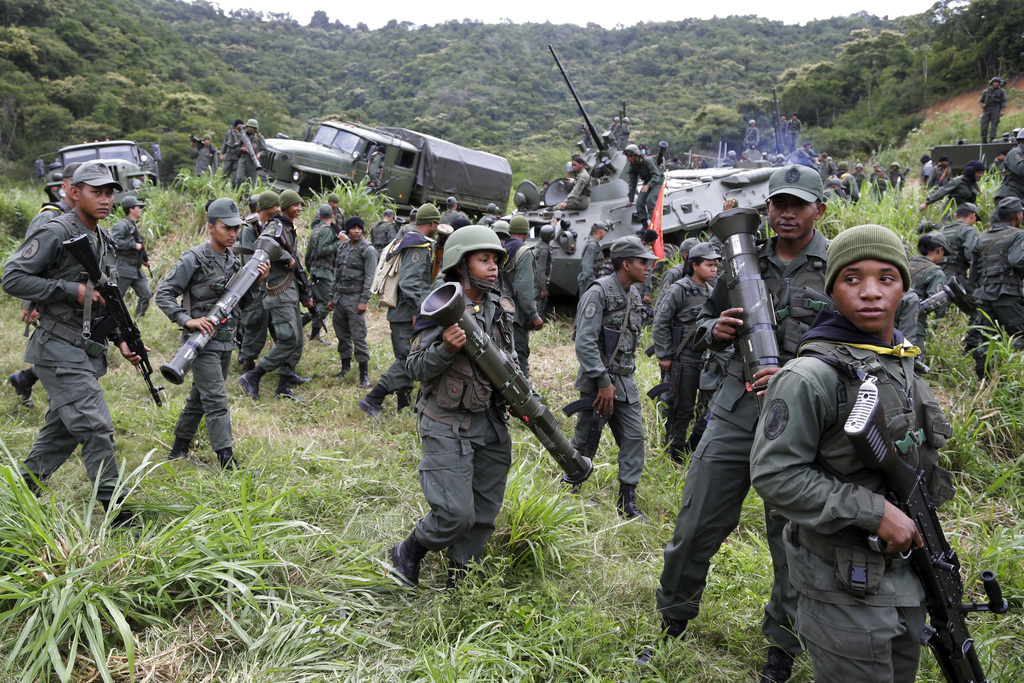

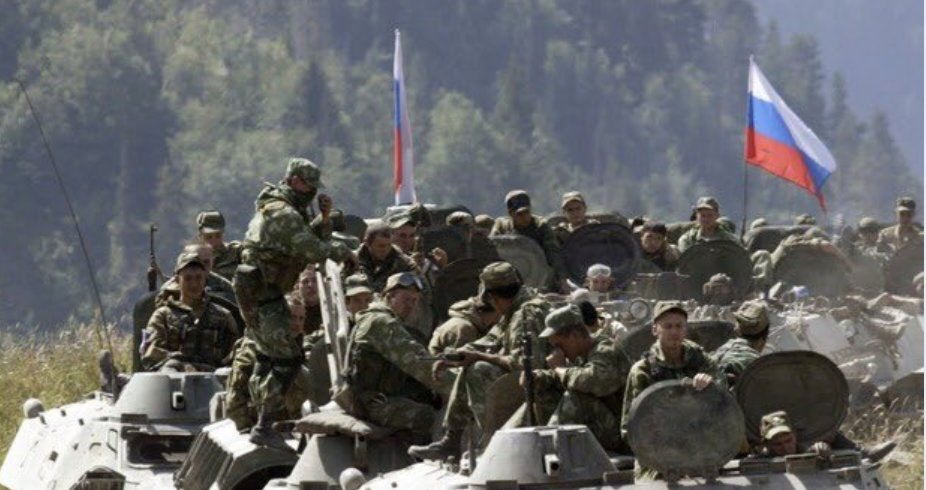
Venezuelan and Russian forces are united against threats by the US of a military coup against President Maduro
Vigilantly, special attention must be remain on placing military pressure on the downward trend of the US dollar. Forcefully, the US has spent several years of money printing to cover-up weakened overseas relations in Asia and the Middle East. Outrageously, the US has threatened Latin American economies with bogus sanctions to restrict their economic expansion with major US trading partners. Precisely, the US economic blockade has led to all-time tensions as maturing US T-notes and T-bills leave behind a socio-economic crisis which demand military action. Hence, military pressure for the downward trend of the US dollar has to become a common place. Particularly, the US and Brazil have openly conceived to further disrupt Venezuela with an outside military coup.
Recently, Brazil's President Jair Bolsonaro stated, “It is our intention and that of the Americans that there is a rift in the army, because it is they who still support Maduro. It is the armed forces that decide whether a country lives in a democracy or in a dictatorship.”
Globally, the Venezuelan Crisis represents the decline of the European Order as the US continues to plunder international trade with economic sanctions. Critically, Venezuela must respond to the rising threats of a military coup by piloting the deployment of Russian intercontinental ballistic missiles such as the RS-26 Rubezh. Strategically, the RS-26 Rubezh is classified as a multi-role missile which generates stability from modernizing its capacity and payload. Militarily, the deployment of the RS-26 Rubezh to Latin America silences US disturbance over the expansion of cryptocurrencies as a new economic crisis arise over maturing US T-notes and T-bills.
